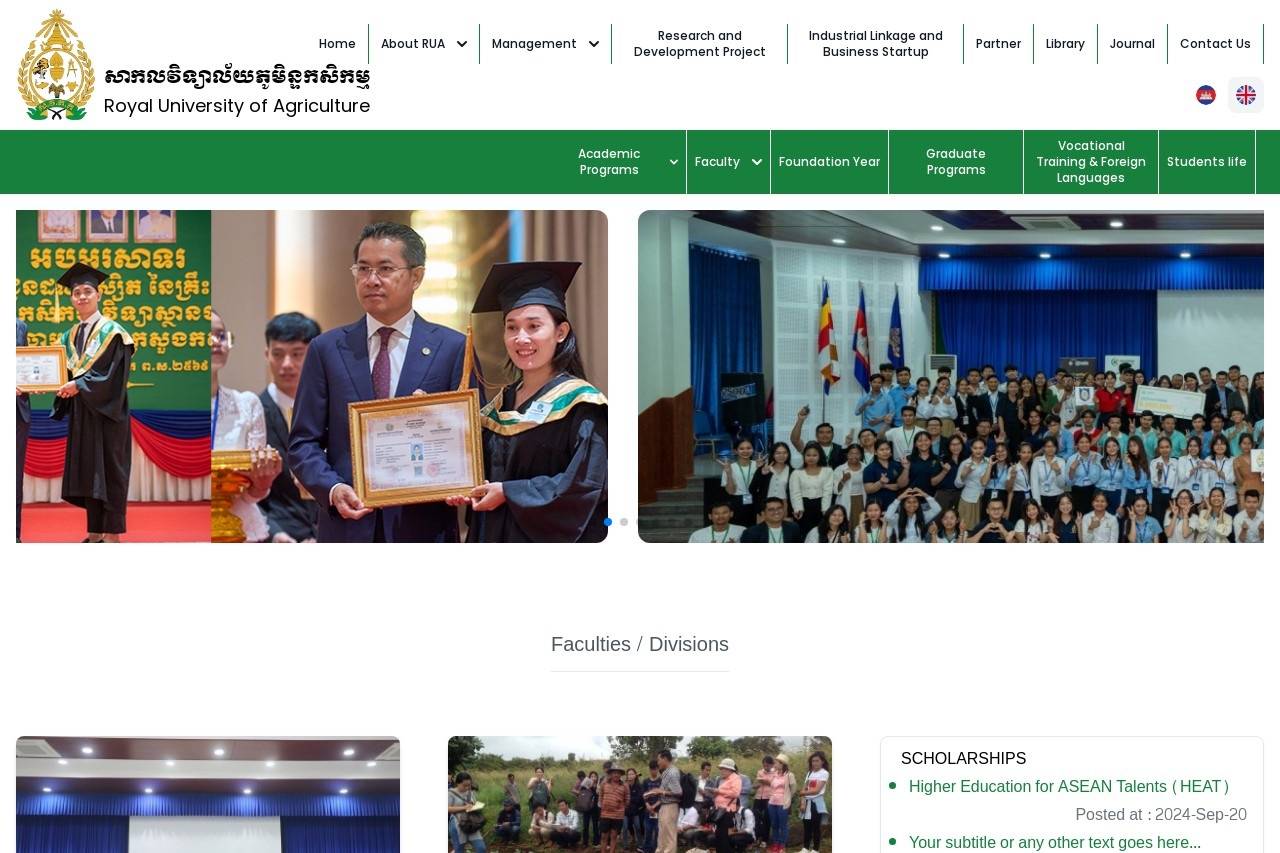University of Energy and Natural Resources
文章目录[隐藏]
University of Energy and Natural Resources: A Leading Institution in Ghana
The University of Energy and Natural Resources (UENR) is a public university located in Sunyani, Ghana. Established in 2011, UENR is dedicated to providing high-quality education and fostering knowledge innovation with significant social impact. The university focuses on critical areas such as energy, natural resources, engineering, and environmental science, addressing both local and global challenges.
Overview
UENR was founded to meet the growing demand for expertise in energy and natural resource management in Ghana and beyond. The university offers a range of undergraduate and postgraduate programs designed to equip students with the skills needed to excel in these vital sectors. With a commitment to sustainability and innovation, UENR plays a key role in advancing research and development in Africa.
Key Advantages
- Specialized Programs: UENR offers unique programs in energy engineering, environmental science, and natural resource management, tailored to industry needs.
- Research Excellence: The university emphasizes cutting-edge research, with initiatives focused on renewable energy, climate change, and sustainable agriculture.
- Strategic Location: Situated in Sunyani, UENR benefits from proximity to natural resources and energy projects, providing students with practical learning opportunities.
- Industry Partnerships: Collaborations with local and international organizations enhance student experiences and career prospects.
Rankings
While UENR is a relatively young institution, it has gained recognition for its specialized focus. It is ranked among the top universities in Ghana for engineering and environmental studies. In recent assessments, UENR has been noted for its research output and commitment to sustainability, positioning it as a rising leader in African higher education.
Recent Research Achievements
UENR has made significant strides in research over the past few years. Notable projects include:
- Development of solar-powered irrigation systems to support sustainable farming.
- Studies on biodiversity conservation in Ghana's forest reserves.
- Innovations in bioenergy production from agricultural waste.
These efforts have not only contributed to academic knowledge but also provided practical solutions to community challenges.
Notable Alumni
Although UENR is still building its alumni network, early graduates have already made their mark in various fields. Alumni include:
- Energy consultants working with Ghana's Ministry of Energy.
- Environmental advocates leading conservation projects across Africa.
- Engineers involved in renewable energy initiatives both locally and internationally.
Frequently Asked Questions
What are the admission requirements?
Prospective students must have a high school diploma with good grades in science subjects. For postgraduate programs, a relevant bachelor's degree is required. International students need to provide proof of English proficiency.
What is the average admission score for recent years?
Over the past three years, the cutoff score for undergraduate programs has ranged between 24 and 28 on the WASSCE scale, depending on the program. Competitive programs like Energy Engineering may require higher scores.
Are scholarships available?
Yes, UENR offers various scholarships based on academic merit and financial need. These include government scholarships, private endowments, and research assistantships for postgraduate students.
How can I apply?
Applications are submitted online through the university's admissions portal. Required documents include academic transcripts, a personal statement, and letters of recommendation.




